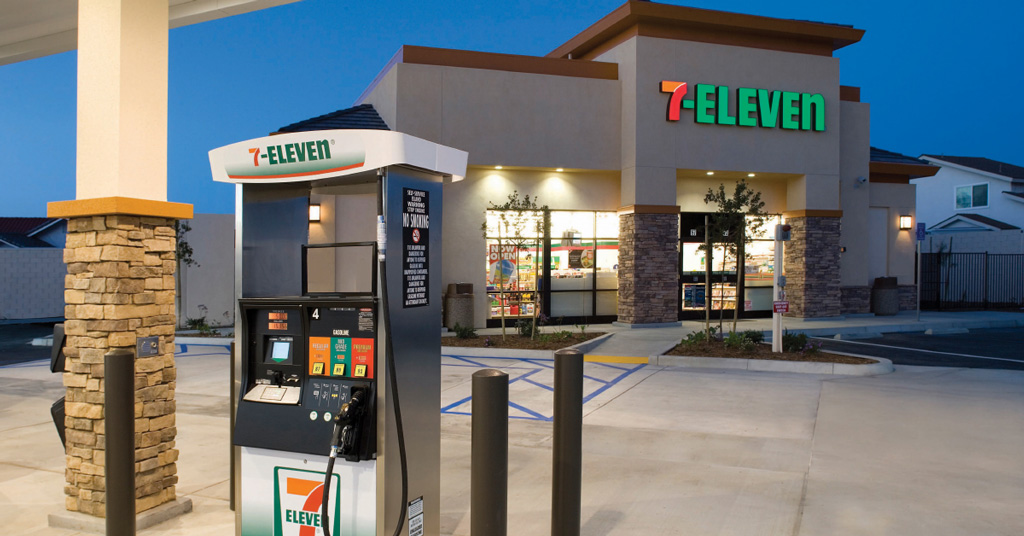VoIP Vs. Traditional Phone Systems – Which One is Right for Your Business?

Table of Contents
VoIP is best if your company requires a reliable business phone system. VoIP is ideal for global teams with features like mobile twinning, re-routing calls with the click of a button, and unlimited long-distance calling.

Landlines require expensive hardware, copper wiring, and regular maintenance. However, upgrading your system with VoIP is simple and affordable; require more hardware learning more about this phone system.
Cost
The cost of a business VoIP system is considerably lower than the costs associated with traditional landlines. There are little-to-no setup fees, and many providers offer affordable pricing plans that include a pay-as-you-go model. In addition, using your existing internet connection means avoiding paying for costly PBX hardware on-premises and expensive call rates.
The portability of a VoIP telephone system also allows you to connect your team remotely using any device that can access the internet. Features like mobile twinning (where calls to the office and the employee’s cell phone ring simultaneously) and re-routing calls with a few keystrokes provide true on-the-go functionality.
Retail customer service teams can leverage a full suite of communication and collaboration tools to keep their clients happy and engaged with a seamless, personalized experience. Additionally, retail business VoIP systems are highly scalable and easy to manage as the company grows. For example, Dialpad offers a robust CRM integration that supports smooth agent additions to the team without disrupting customer communications.
Convenience
The most obvious advantage of VoIP over traditional phone systems is its convenience. Unlike traditional phones that use copper wires and exchange infrastructure, VoIP systems convert analog signals into digital ones that travel online. This allows for a wider range of features to be implemented and can work across multiple office locations or even remotely.
Besides providing business callers with higher sound quality, VoIP also offers a variety of other features that can improve employee productivity and boost customer satisfaction. For example, virtual receptionists can help answer calls, deliver recorded messages, redirect calls, and engage with customers using fully automated features.
Lastly, VoIP is far easier to upgrade than landline systems that require more hardware, like desk phones, lines, and wiring. With VoIP, all it takes is updated software and better bandwidth to scale your company’s system up or down. This saves on both costs and time. However, your internet connection must be reliable for VoIP to function well.
See 5 Verified Methods To Enhance Client Engagement and Profits Cycle Effectiveness
Security
Landline systems use copper wires to transfer calls from one switch box to another, meaning eavesdropping or interception can occur. However, VoIP systems utilize internet connections that are encrypted to ensure security. Choosing a provider with strong call encryption and many other features can help you protect your team from cyber attacks.
Moreover, VoIP phones allow you to connect through “softphones” on mobile devices, desktop computers, and traditional phone adapters. This feature allows your team to remain connected with each other regardless of their location and device, which is particularly beneficial for teams that require the flexibility of a remote workforce.
Additionally, VoIP services offer other features that can benefit teams on the go, such as mobile twinning (when both office and personal phones ring simultaneously) and automatic call re-routing from desk to cell phone. These features can improve customer service and boost productivity for your team.
Flexibility
VoIP is the right solution if you have a mobile workforce or want to boost productivity by allowing employees to work from home. It can route calls to employee mobile devices and provides high-definition voice call quality even over a 4G connection. It can also store transcripts of customer calls for training and compliance purposes.
While landlines require a private branch exchange (PBX) system that can cost tens of thousands of dollars, VoIP systems are more affordable and easy to manage from the cloud. This means fewer costs and maintenance down the road.
Additionally, while the copper wires and exchange infrastructure of traditional landlines may be around for a while to come, VoIP uses trusted, proven internet technologies with reliability that ensures data packets reach their destinations.





